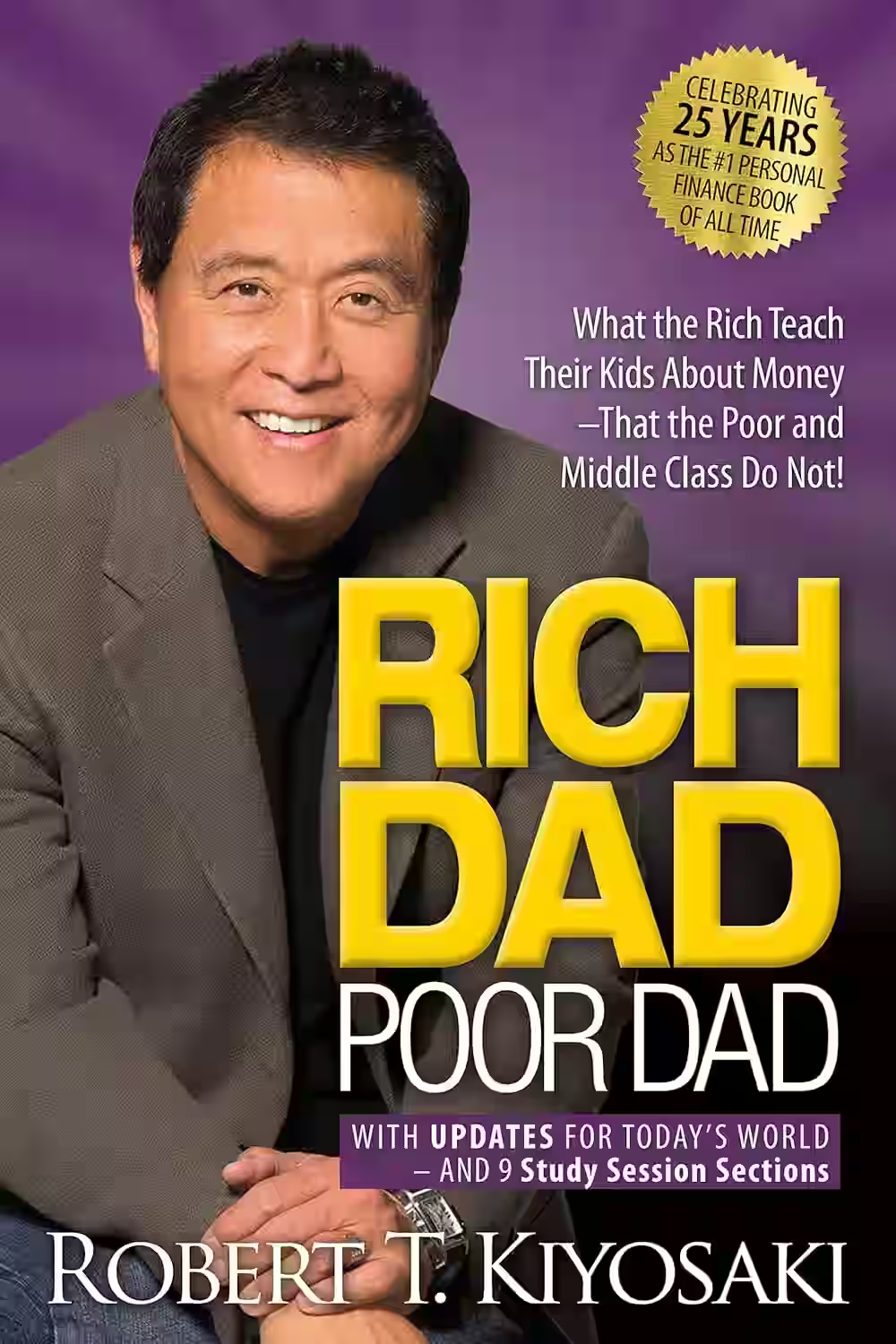
In 'Rich Dad Poor Dad' by Robert T. Kiyosaki, readers are taken on a transformative journey exploring the stark financial lessons Kiyosaki learned from his two dads - his biological father (Poor Dad) and the father of his best friend (Rich Dad). This personal finance classic delves into the contrasting money philosophies that shaped Kiyosaki's mindset, encouraging readers to rethink their approach to wealth and assets. Through engaging anecdotes and practical advice, the book emphasizes the importance of financial education, investment, and building passive income streams. 'Rich Dad Poor Dad' challenges conventional beliefs about money and has inspired countless readers to take control of their financial futures.
About Robert T. Kiyosaki
Robert T. Kiyosaki, born in 1947 in Hawaii, is a renowned entrepreneur, investor, and author best known for his groundbreaking personal finance book 'Rich Dad Poor Dad.' Kiyosaki's work delves into financial literacy, investment strategies, and achieving financial independence by challenging conventional beliefs about money and wealth. His influential book has been on The New York Times bestsellers list for over six years and has reshaped the way people approach personal finance worldwide. Through his teachings and seminars, Kiyosaki continues to empower individuals to take control of their financial future and build wealth through education and entrepreneurship.
Other Books by Robert T. Kiyosaki
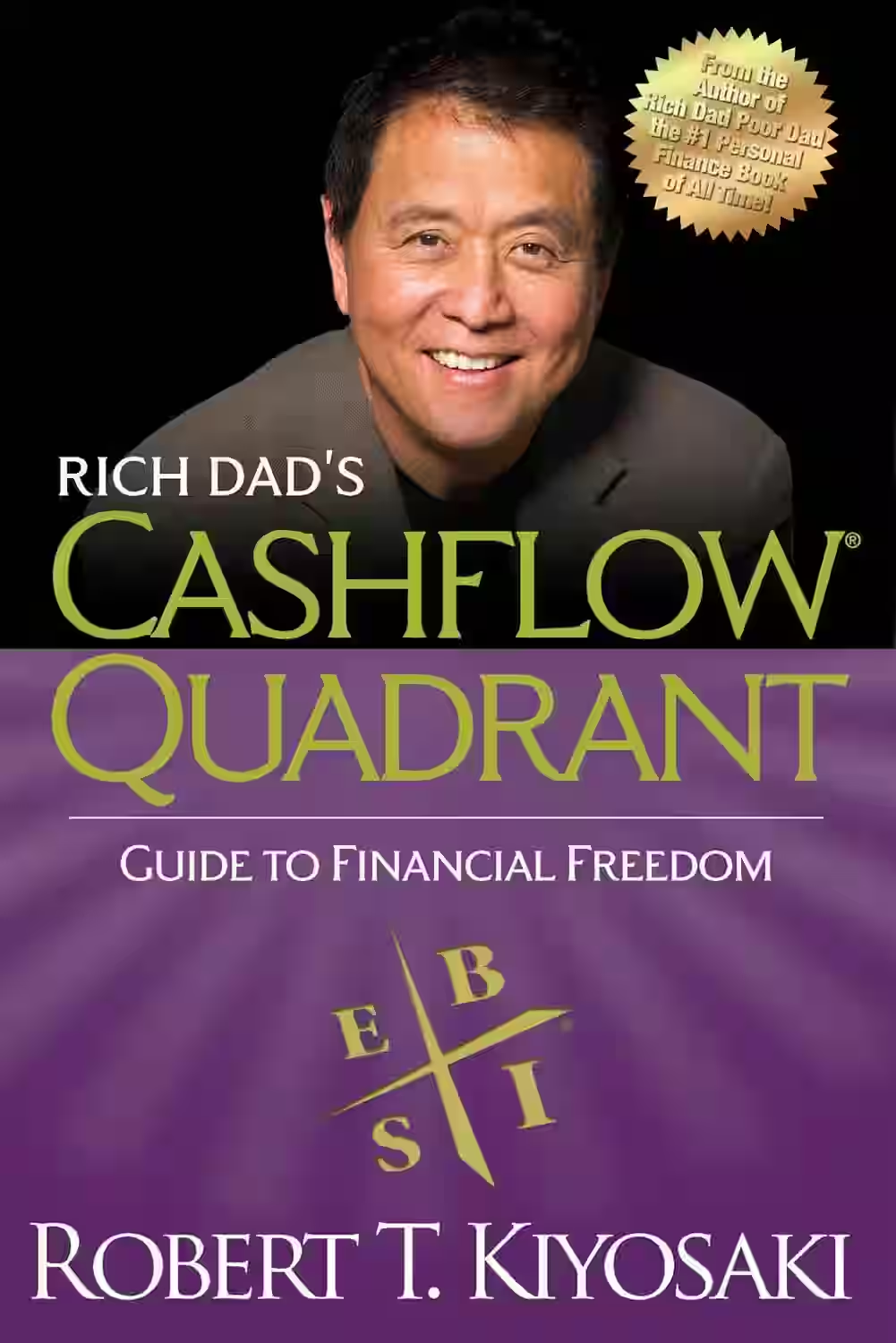
Cashflow Quadrant
In 'Cashflow Quadrant', Robert T. Kiyosaki delves into the world of financial independence through the lens of four quadrants - Employee, Self-Employed, Business Owner, and Investor. Through insightful anecdotes and practical advice, Kiyosaki emphasizes the importance of moving from the left side of the quadrant (Employee and Self-Employed) to the right side (Business Owner and Investor) to achieve true wealth and financial freedom. He highlights the mindset shifts and financial strategies needed to transition between quadrants, encouraging readers to rethink their approach to money and work. This book serves as a roadmap for those seeking to break free from traditional employment and create sustainable wealth.
Similar Books
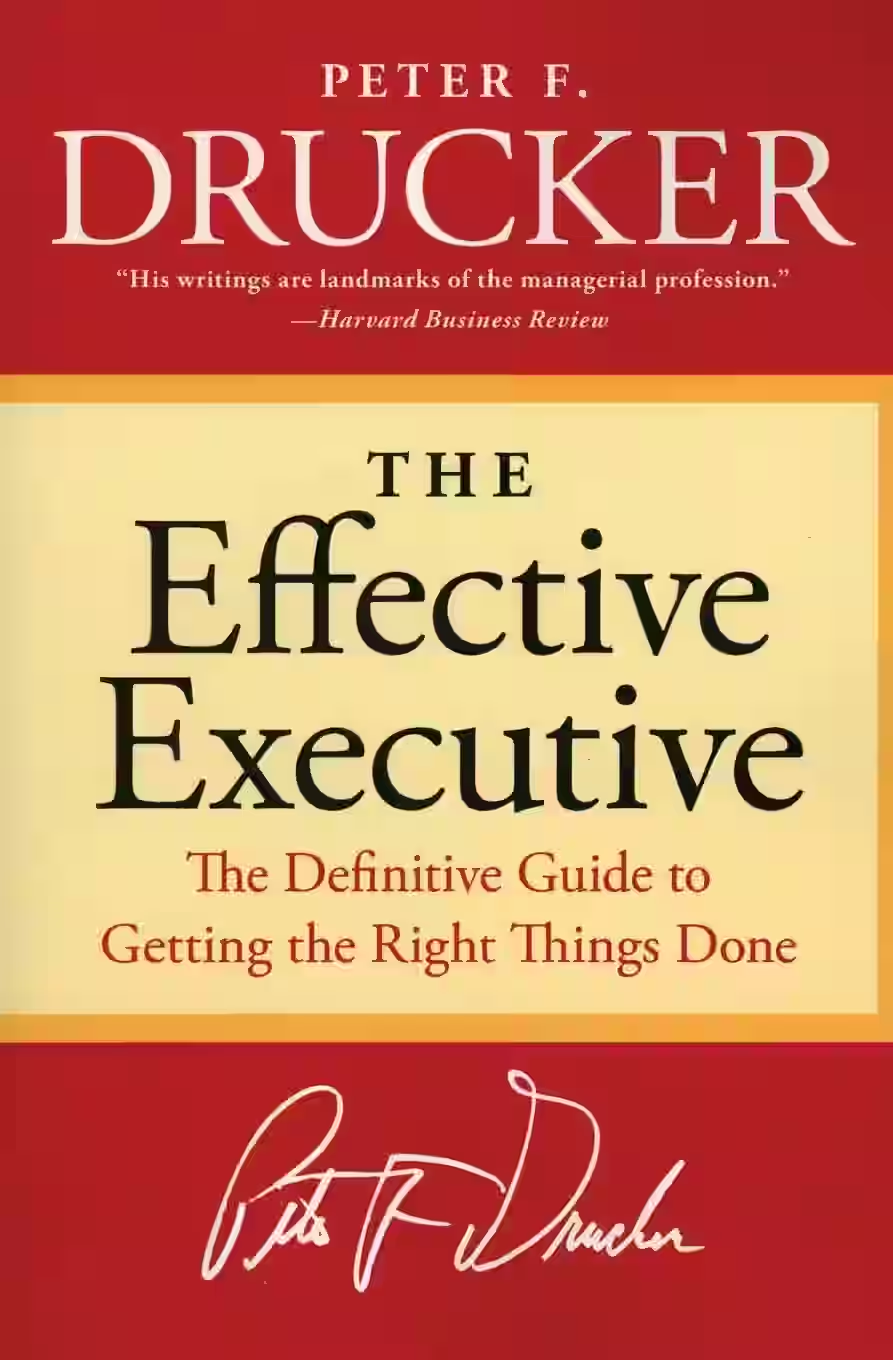
The Effective Executive
In The Effective Executive, Peter Drucker outlines the essential practices that make executives—and knowledge workers—more productive and impactful. Rather than focusing on charisma or innate talent, Drucker emphasizes disciplined time management, clear priorities, effective decision-making, and results-driven action. He argues that effectiveness is a skill that can be cultivated through habits such as knowing where time goes, focusing on contribution, and concentrating on a few key tasks. Written with clarity and timeless wisdom, this concise book remains a cornerstone of leadership and management literature, offering practical insights for professionals aiming to lead with focus, intention, and strategic purpose.
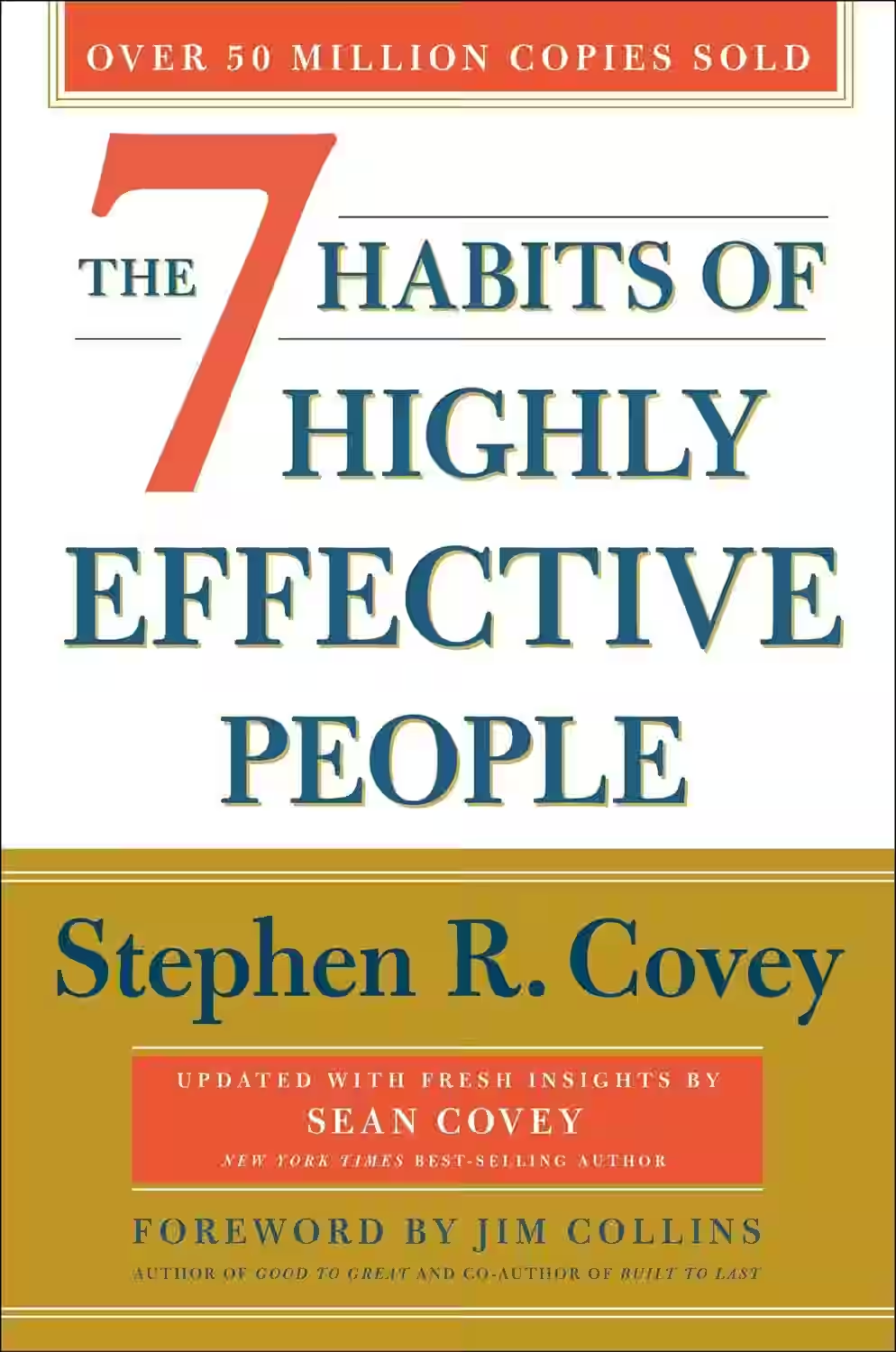
The 7 Habits of Highly Effective People
Stephen R. Covey’s The 7 Habits of Highly Effective People is a foundational personal development guide focused on character ethics. It introduces a framework of habits that foster personal and professional success—beginning with self-mastery and expanding to effective collaboration with others. Core habits include being proactive, beginning with the end in mind, and seeking win-win solutions. Covey emphasizes long-term growth through principles of integrity, responsibility, and continuous improvement. Widely adopted in leadership training and self-help circles, it remains a bestselling manual for living with purpose and intention.

Letters from a Self-Made Merchant to His Son
First published in 1901, this epistolary book presents fictional letters from a successful Chicago pork packer to his college-aged son. Blending wit, business acumen, and life wisdom, the father offers advice on work ethic, integrity, personal character, and money management. Written in a candid and humorous tone, the book delivers old-fashioned common sense that remains surprisingly relevant. It's a manual not just for business, but for becoming a responsible and grounded adult. The blend of fatherly guidance and entrepreneurial insight has made it a classic on both parenting and leadership.
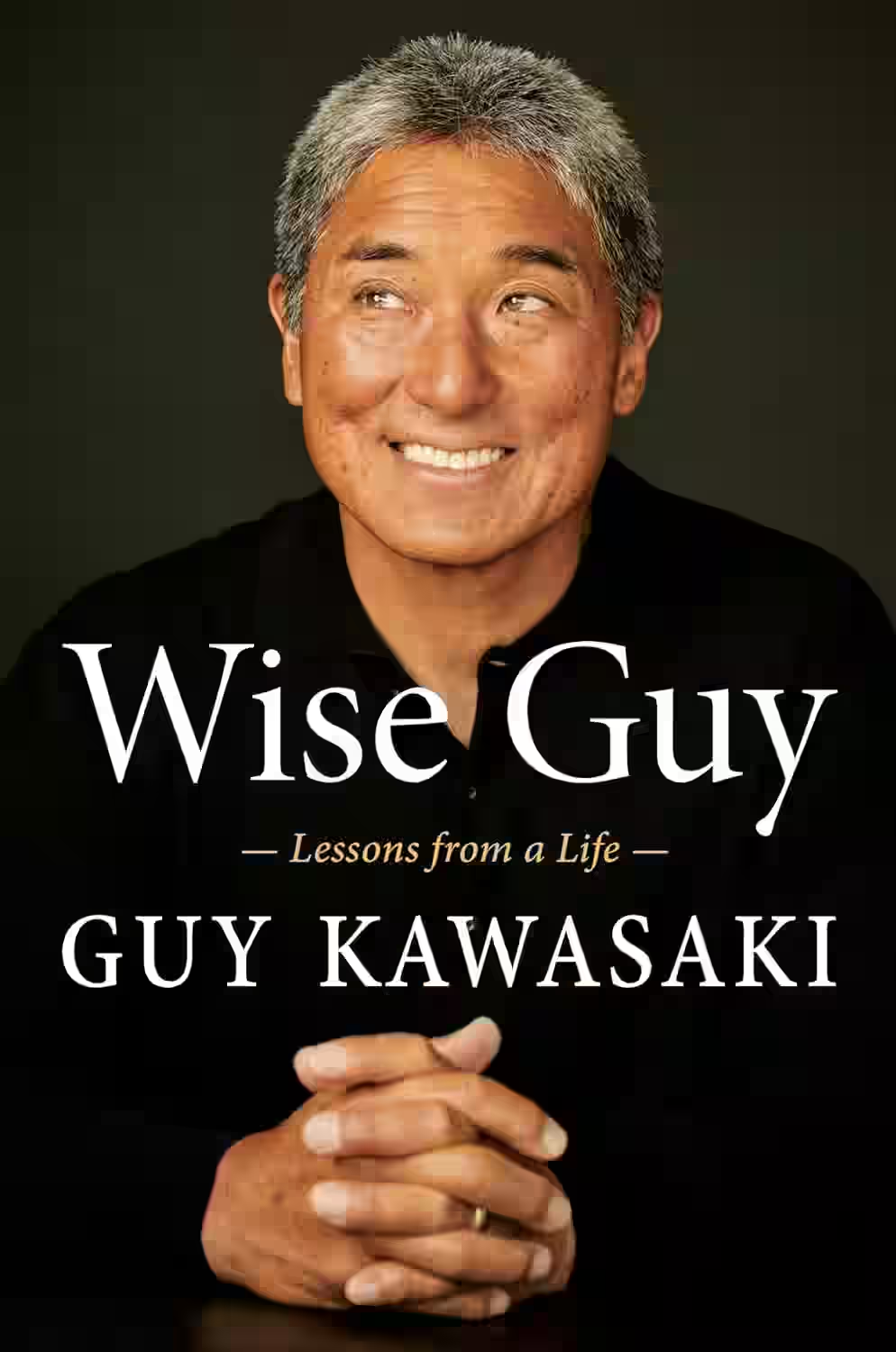
Wise Guy: Lessons from a Life
by Guy Kawasaki
In Wise Guy, tech evangelist and entrepreneur Guy Kawasaki shares personal stories and lessons from his life and career, spanning Apple, venture capital, and startup advising. Rather than a traditional memoir, the book is structured as a series of life lessons—on humility, resilience, work ethic, and innovation. Kawasaki writes with humor, authenticity, and an open heart, offering guidance to entrepreneurs and professionals at all stages. With anecdotes ranging from job interviews at Apple to parenting insights, Wise Guy is a practical and inspiring read filled with wisdom on navigating both business and life.